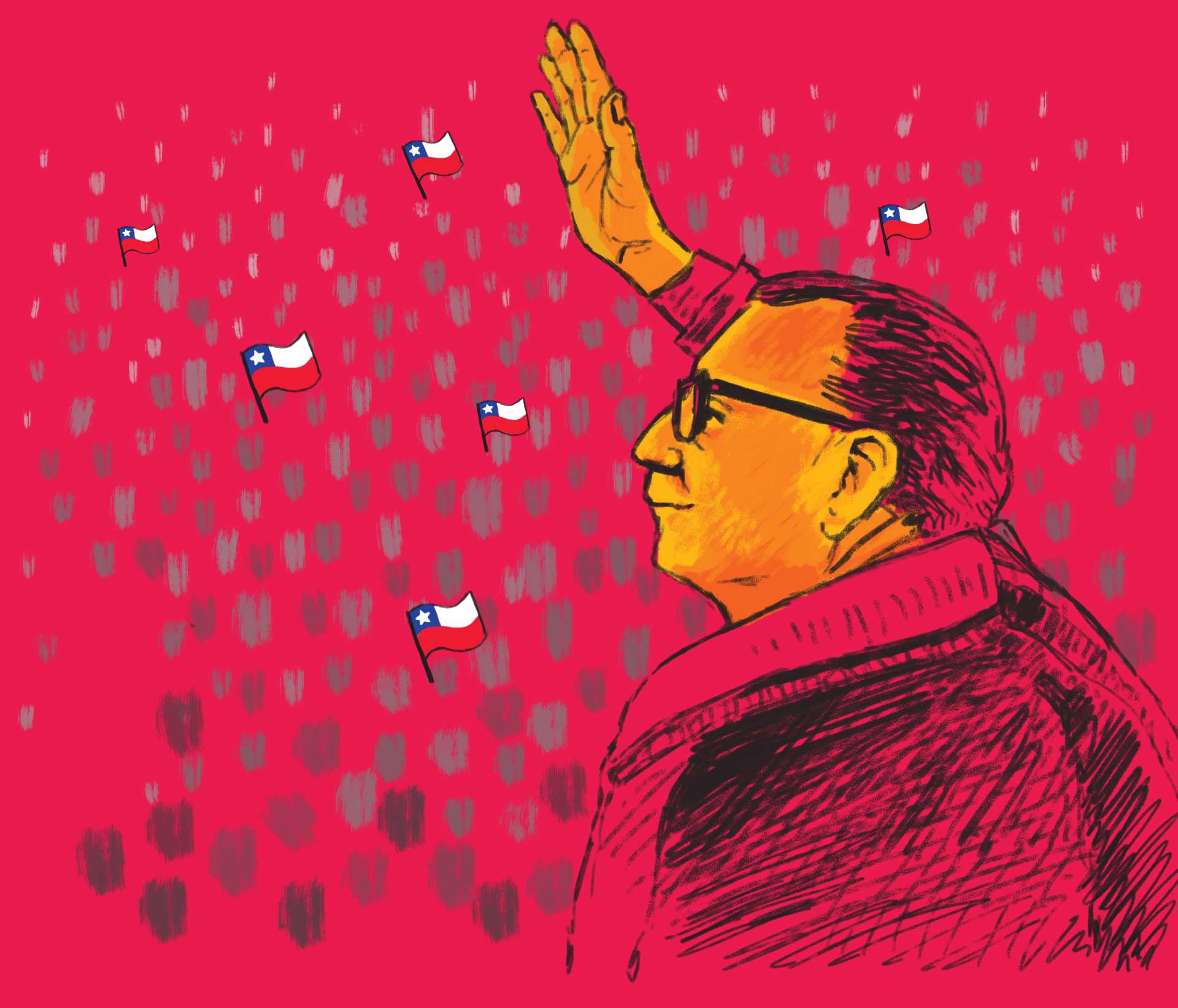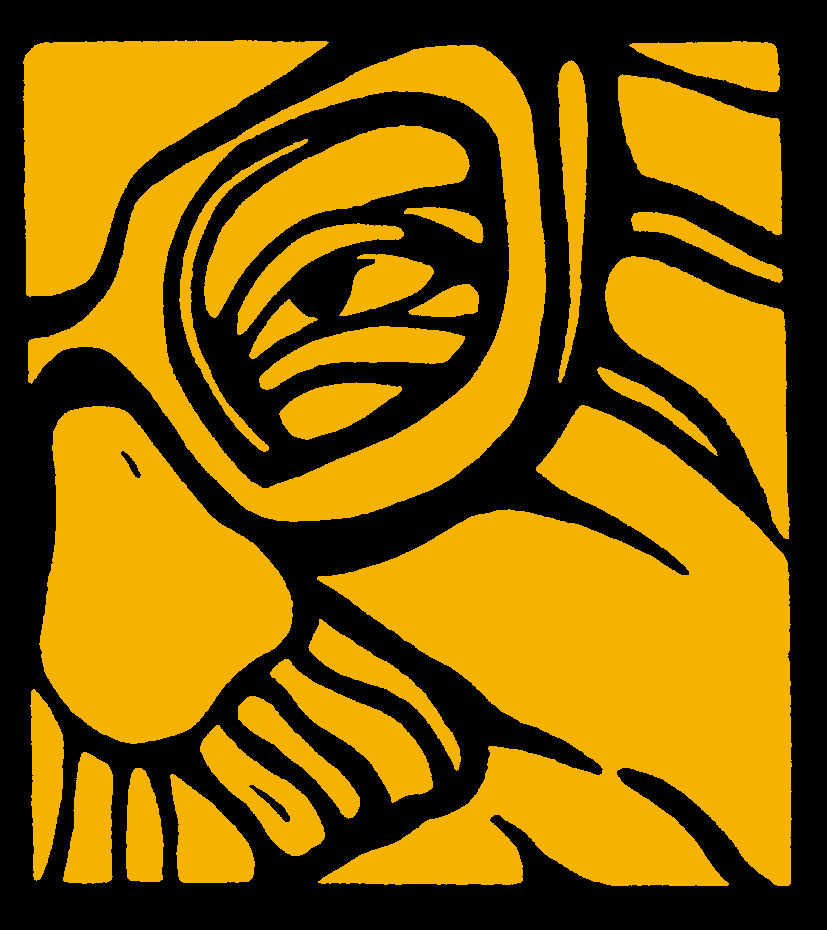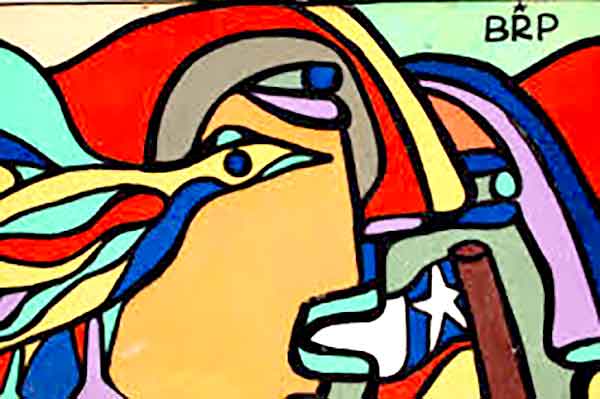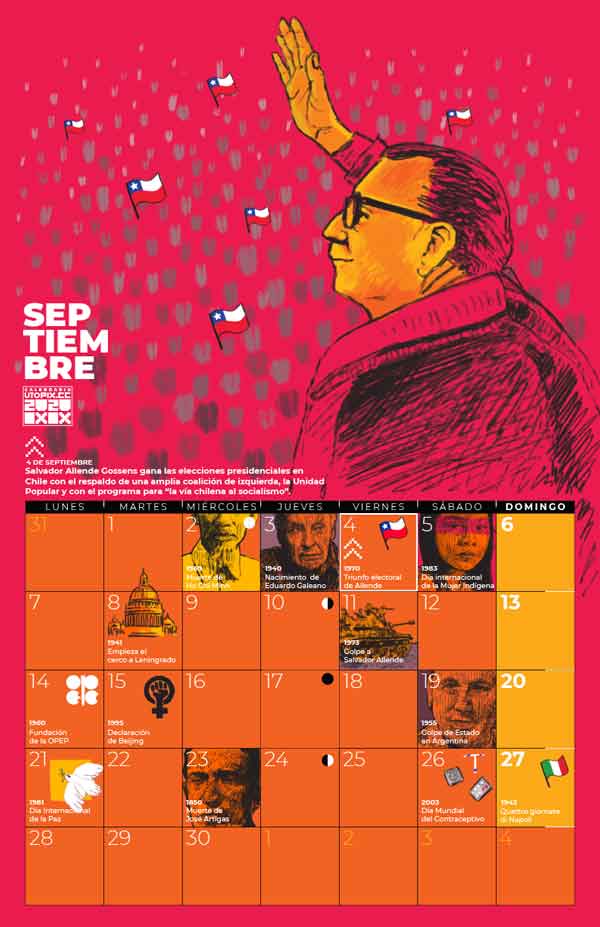
“Because this time it’s not about changing a president. The people shall build a very different Chile.”
So went the verses of the famous Inti-Illimani song. On September 4, 1970. Salvador Allende Gossens won the presidential elections in Chile. After two previous failed presidential bids, the 62 year-old doctor defeated the Christian Democrat (Radomiro Tomic) and right wing (Jorge Alessandri) candidates.
Behind Allende stood a wide leftist coalition, the Popular Unity (UP). Headed by the Socialist Party and the Communist Party, the UP went into the elections with an ambitious program that would be coined “the Chilean way towards socialism.”

Allende was surrounded by enemies and dangers even before he got started. In fact, US agencies suggested that the Chilean right should look for a parliamentary trick to stop the new government from taking office, but they could not manage.
In spite of the hostility from their enemies, Allende and the Popular Unity did not compromise their pledges. The government pressed ahead, improving public education and healthcare, supporting cultural production, introducing agrarian reform and challenging the most powerful interests in Chile: multinational mining companies. One of the non-negotiable promises was the nationalization of copper, Chile’s main natural resource, and so it stood. As a result, on July 16, 1971 the state imposed control over the copper mines through a constitutional amendment.

The blowback did not take long and the CIA sprung into action. As a result, key figures such as General Rene Schneider were killed, the United States blocked access to international markets so as to “make the economy scream,” while the most reactionary sectors in the army and civil society organized. After months of tension and threats, the coup arrived on September 11, 1973, led by General Augusto Pinochet.
A bloody military dictatorship established itself over the following 17 years, full of deaths, torture and persecution. A shock climate was enforced on the country in order to impose an unprecedented neoliberal program. Although democracy (formally) returned, Chilean society still bears the influence and the scars of the dictatorship. Nowadays, Allende and the Popular Unity are an ever more distant and nostalgic memory. But they are also the hope for a different society and that “sooner rather than later, the the great avenues will open again where free men (and women) will walk to build a better society.”
Text: Ricardo Vaz. Illustration: Dazazás. Mural: Brigada Muralista Ramona Parra.
